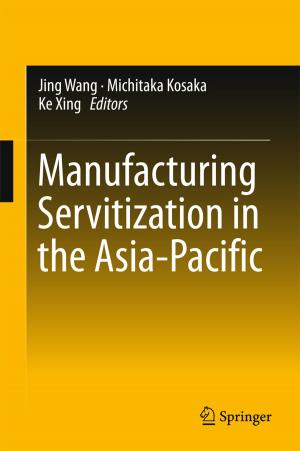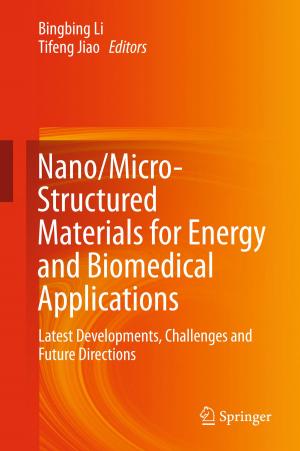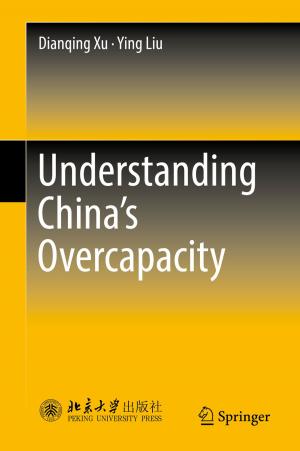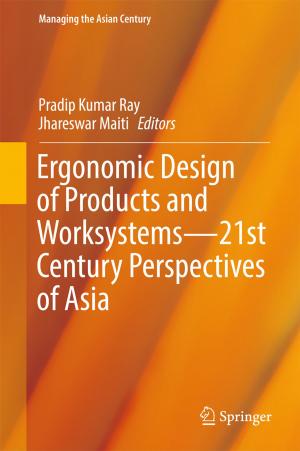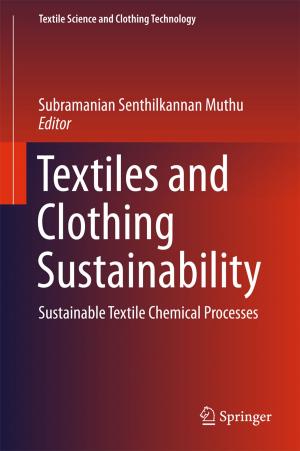Microwave Chemical and Materials Processing
A Tutorial
Nonfiction, Science & Nature, Science, Chemistry, Physical & Theoretical, Technology, Material Science| Author: | Satoshi Horikoshi, Robert F. Schiffmann, Jun Fukushima, Nick Serpone | ISBN: | 9789811064661 |
| Publisher: | Springer Singapore | Publication: | November 28, 2017 |
| Imprint: | Springer | Language: | English |
| Author: | Satoshi Horikoshi, Robert F. Schiffmann, Jun Fukushima, Nick Serpone |
| ISBN: | 9789811064661 |
| Publisher: | Springer Singapore |
| Publication: | November 28, 2017 |
| Imprint: | Springer |
| Language: | English |
The principal aim of this book is to introduce chemists through a tutorial approach to the use of microwaves by examining several experiments of microwave chemistry and materials processing. It will subsequently enable chemists to fashion their own experiments in microwave chemistry or materials processing.
Microwave heating has become a popular methodology in introducing thermal energy in chemical reactions and material processing in laboratory-scale experiments. Several research cases where microwave heating has been used in a wide range of fields have been reported, including organic synthesis, polymers, nanomaterials, biomaterials, and ceramic sintering, among others. In most cases, microwave equipment is used as a simple heat source. Therefore the principal benefits of microwave radiation have seldom been taken advantage of. One reason is the necessity to understand the nature of electromagnetism, microwave engineering, and thermodynamics. However, it is difficult for a chemist to appreciate these in a short time, so they act as barriers for the chemist who might take an interest in the use of microwave radiation. This book helps to overcome these barriers by using figures and diagrams instead of equations as much as possible.
The principal aim of this book is to introduce chemists through a tutorial approach to the use of microwaves by examining several experiments of microwave chemistry and materials processing. It will subsequently enable chemists to fashion their own experiments in microwave chemistry or materials processing.
Microwave heating has become a popular methodology in introducing thermal energy in chemical reactions and material processing in laboratory-scale experiments. Several research cases where microwave heating has been used in a wide range of fields have been reported, including organic synthesis, polymers, nanomaterials, biomaterials, and ceramic sintering, among others. In most cases, microwave equipment is used as a simple heat source. Therefore the principal benefits of microwave radiation have seldom been taken advantage of. One reason is the necessity to understand the nature of electromagnetism, microwave engineering, and thermodynamics. However, it is difficult for a chemist to appreciate these in a short time, so they act as barriers for the chemist who might take an interest in the use of microwave radiation. This book helps to overcome these barriers by using figures and diagrams instead of equations as much as possible.

